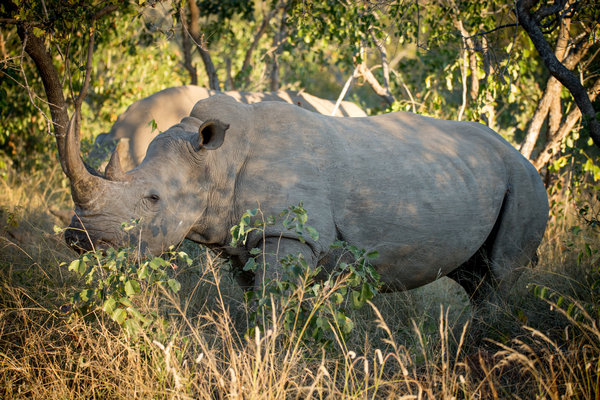 |
|
Injured rhinos and rhino orphans at the Hoedspruit Endangered Species Centre in South Africa. [Photo/INVESTEC RHINO LIFELINE] |
"Ivory and rhino horn products from any period should be banned from public trade and auction," Ma says.
A scholar and founder of Guanfu Museum, one of the country's first private museums of antiques, Ma has pledged to stop buying any item made of ivory or rhino horn and to advocate for people to stop using, trading or buying wildlife products.
"It is more important to save endangered species while we can than to collect relics after the animals have disappeared completely," Ma says.
Rhinos are endangered primarily due to poaching for their horns, which are used in medicine and for carving. Rhino populations have plummeted 95 percent in the last 40 years.
However, scientists have proved that rhino horn has no medicinal value, and advances in biotechnology make it possible to create substitutes for any animal product, so there simply is no excuse for failing to protect wildlife, especially species in grave danger like the rhino, he says.